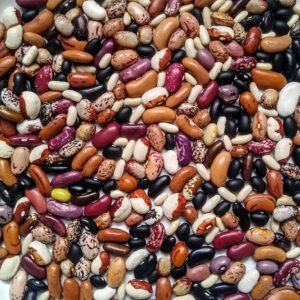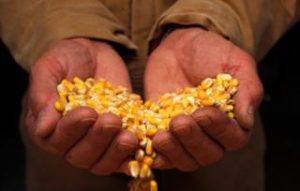
 Even under antitrust scrutiny, biotech firms controlling most of the seed market continue to steer farmers toward expensive, GE varieties by simply eliminating choice in the marketplace. It may appear that competition is alive and well when looking at the number of seed companies selling seed in, say, Iowa these days. Yet most of these companies are owned by a handful of transnational chemical and biotechnology companies dictating what is sown and sold. John Gilbert, a farmer near Iowa Falls, shares his experience in a story published by Seed Today:
Even under antitrust scrutiny, biotech firms controlling most of the seed market continue to steer farmers toward expensive, GE varieties by simply eliminating choice in the marketplace. It may appear that competition is alive and well when looking at the number of seed companies selling seed in, say, Iowa these days. Yet most of these companies are owned by a handful of transnational chemical and biotechnology companies dictating what is sown and sold. John Gilbert, a farmer near Iowa Falls, shares his experience in a story published by Seed Today:
Years ago, finding non-genetically modified seeds for crops was easy, but today fewer and fewer seed companies are offering them. John Gilbert farms near Iowa Falls, where he feeds dairy cows and hogs, using his own corn. He prefers non-GMO seeds in order to avoid any side effects in his livestock, but says it’s becoming more difficult to find them for sale.
“This company I dealt with for a lot of years, which was farmer-owned before it became a subsidiary of Monsanto, had six or seven non-GMO varieties a year ago. I think for this year there’s only going to be two.”
While the industry contends GMO seeds are safe and says there is an increasing demand for them, 32 percent of conventional farmers wish their seed company offered more non-GMO options, according to a “Farm Journal” Summer 2010 on-line poll of readers.
Gilbert says the big seed companies are more interested in profits than in providing what farmers want.
“It’s obviously an economic thing. The seed companies make a lot more money selling the modified versions because of the tech-fees they are collecting.”
